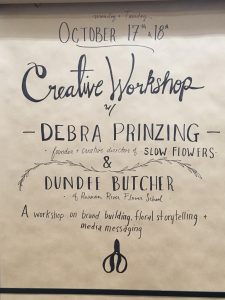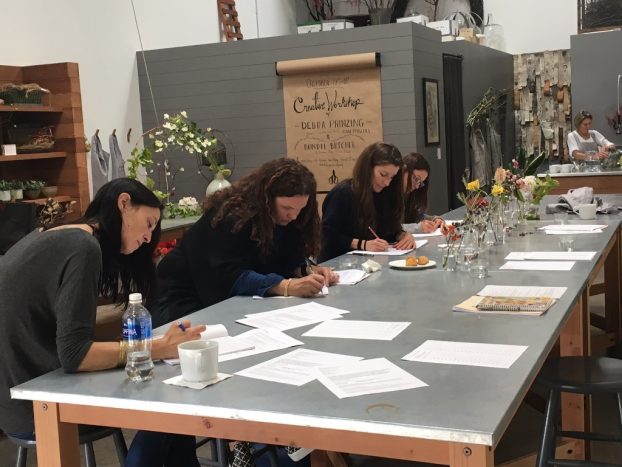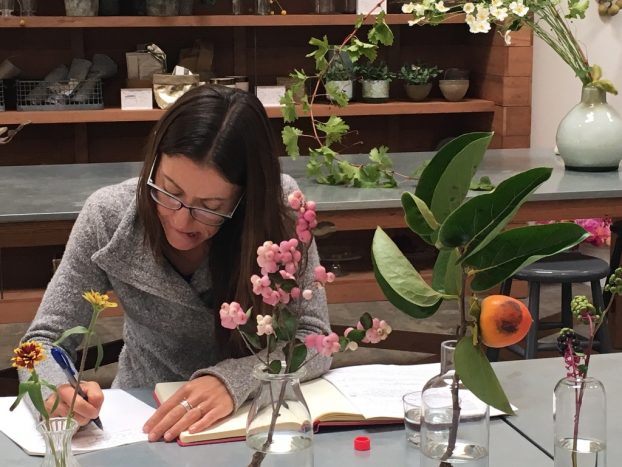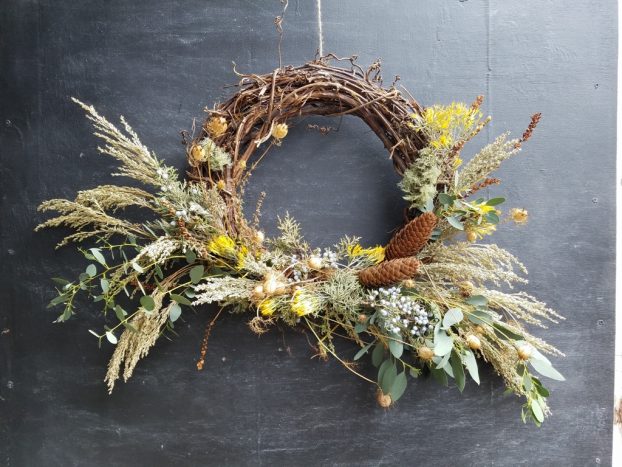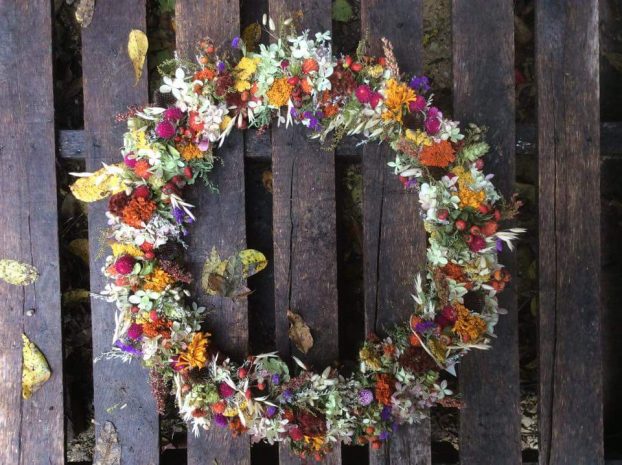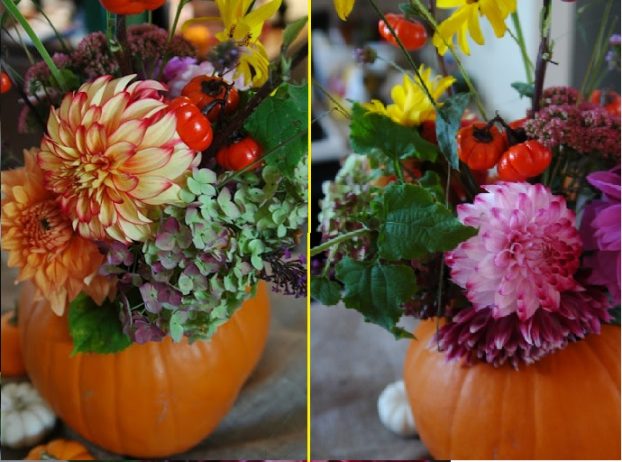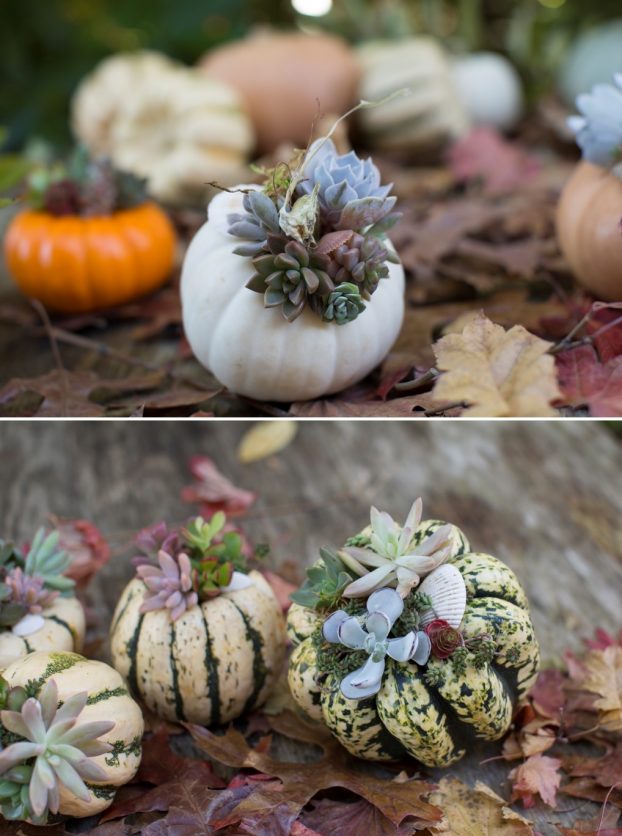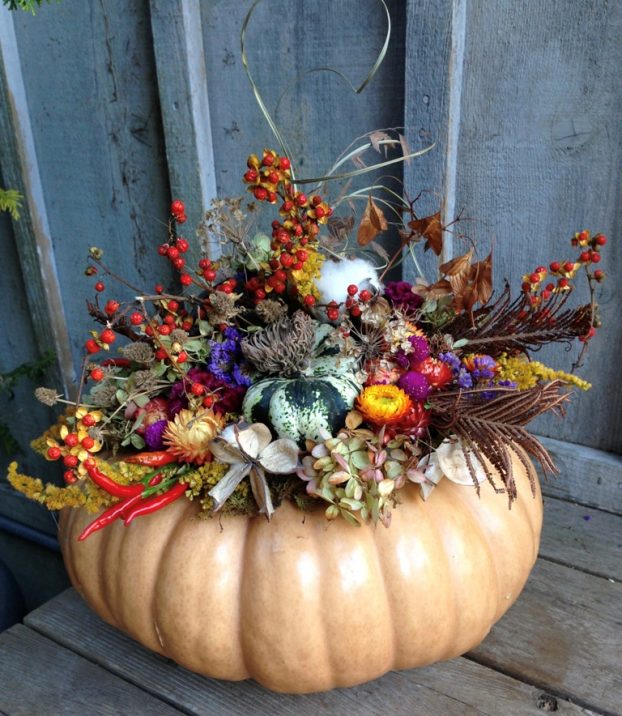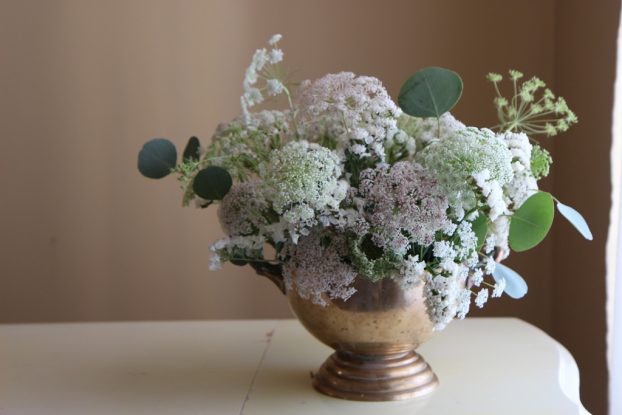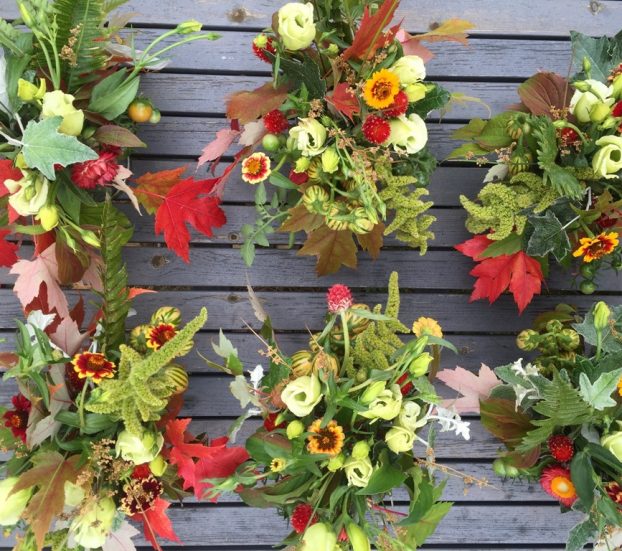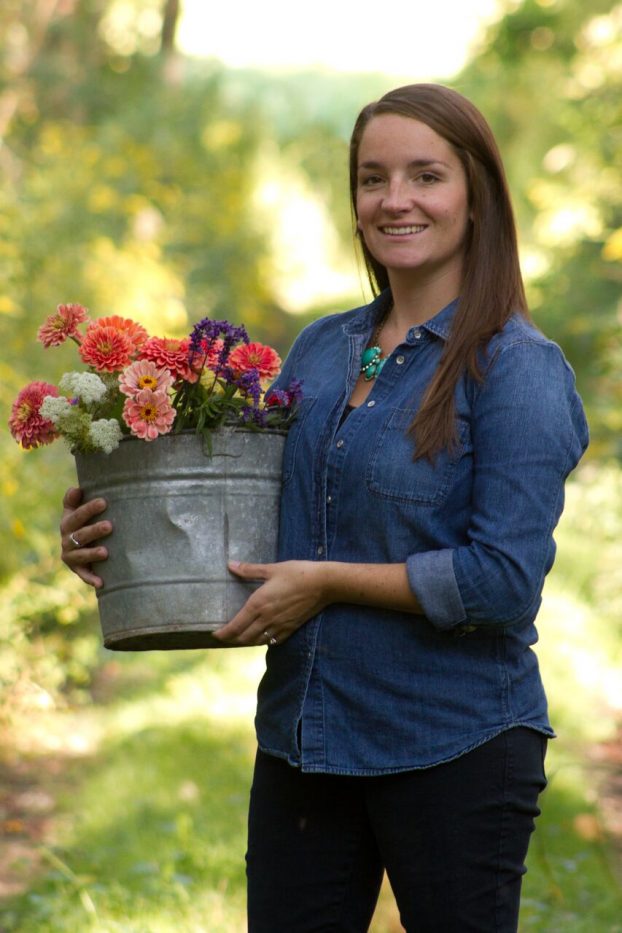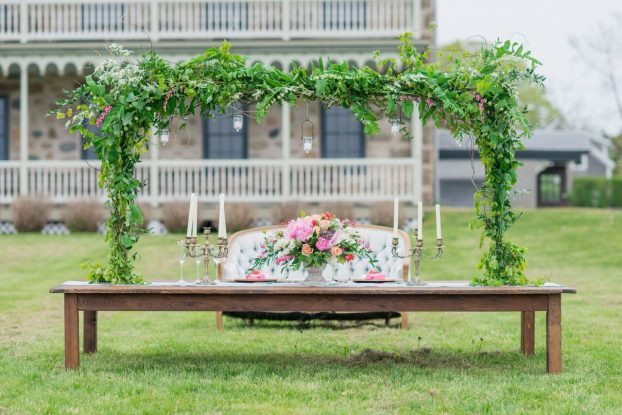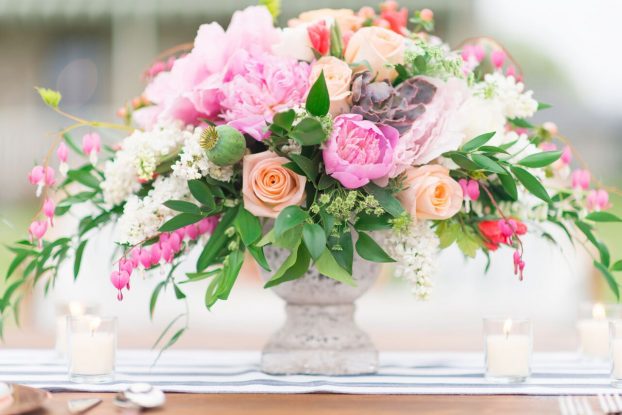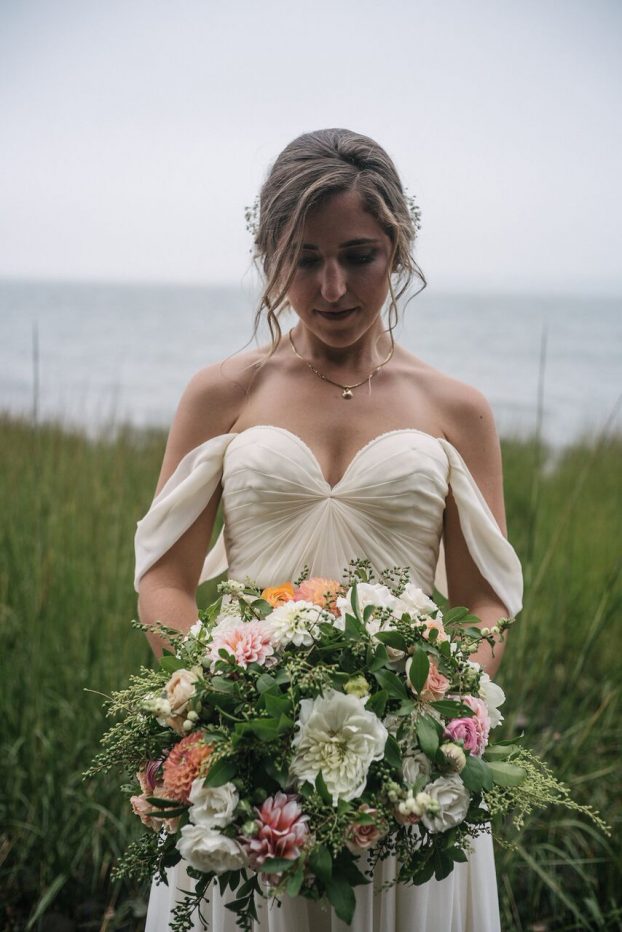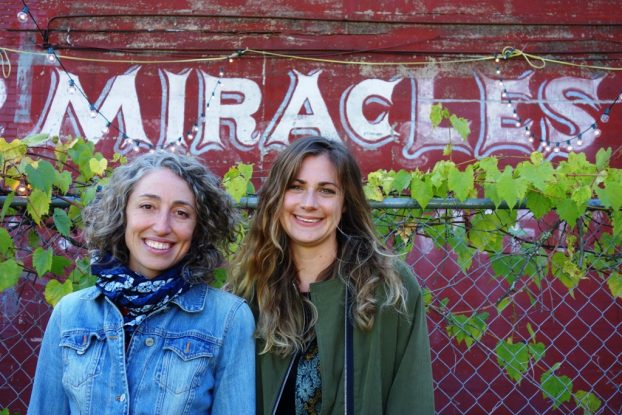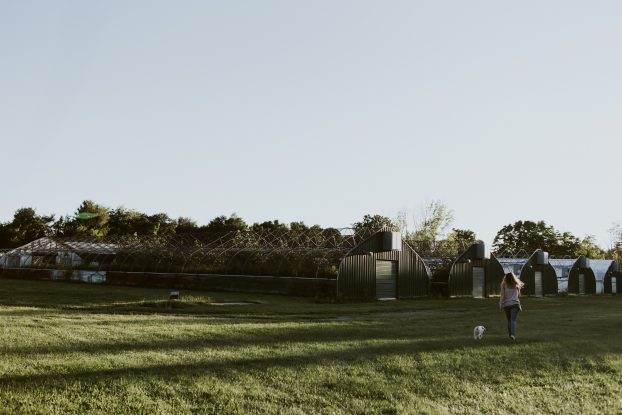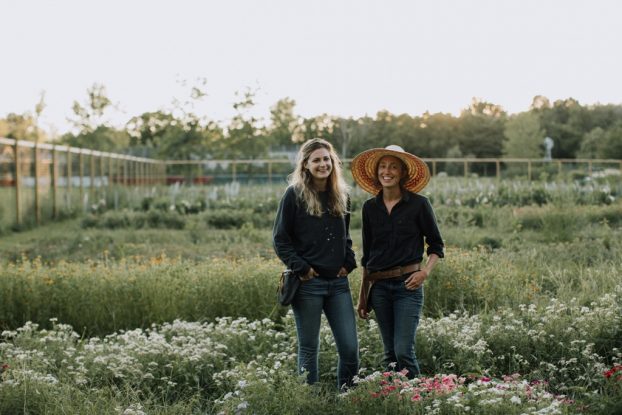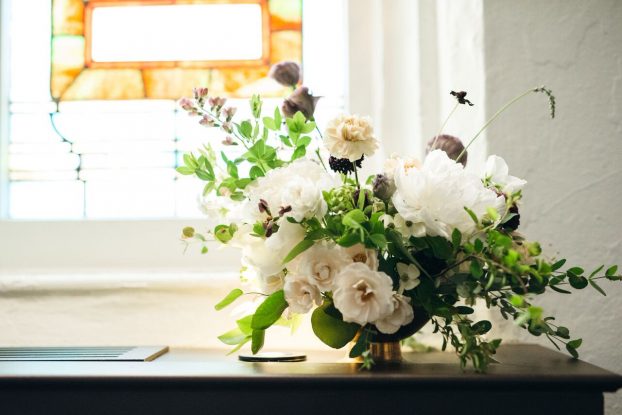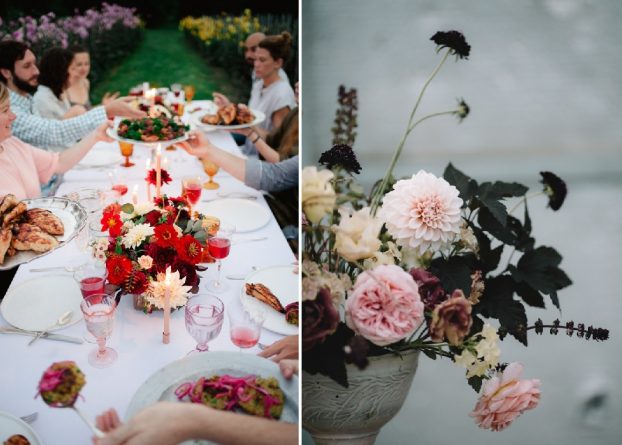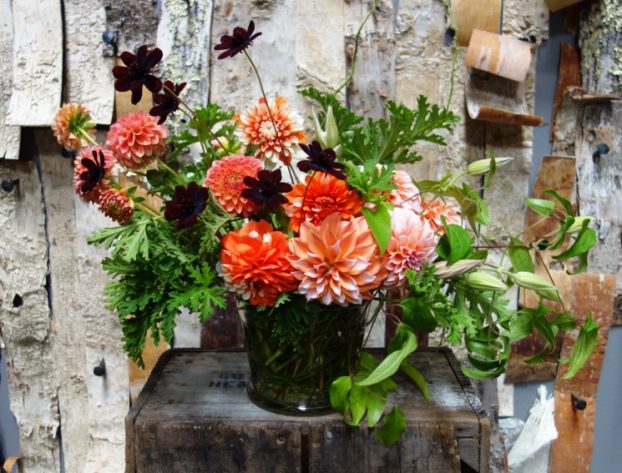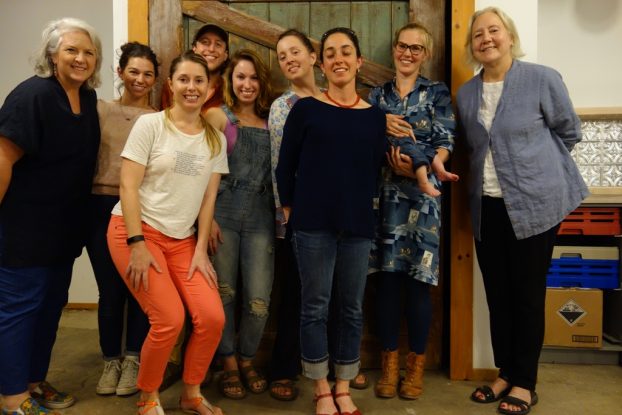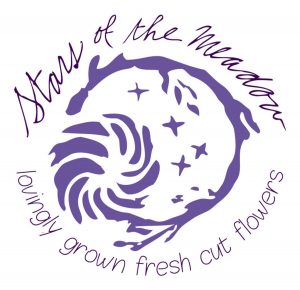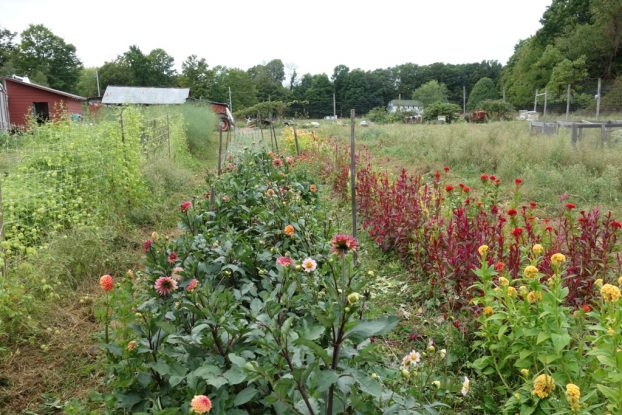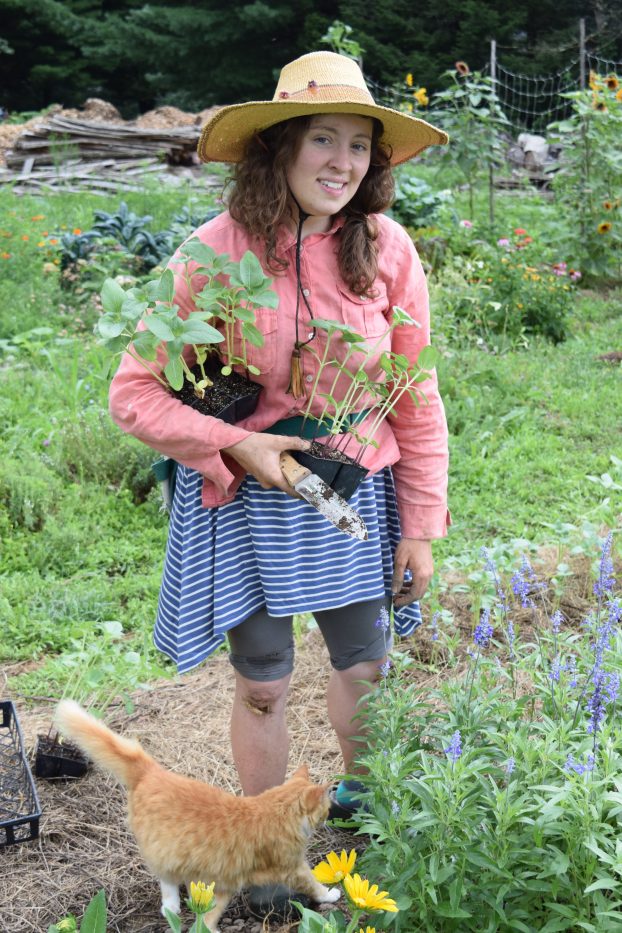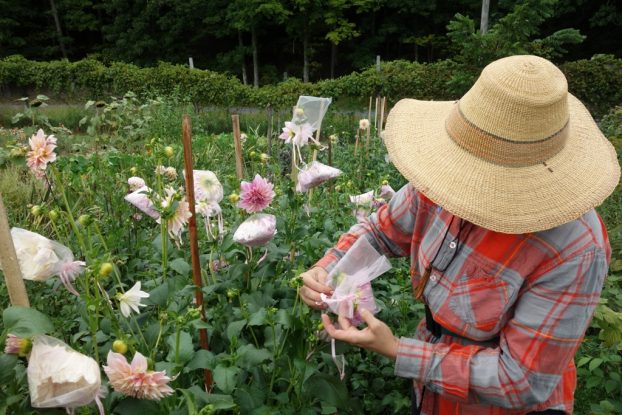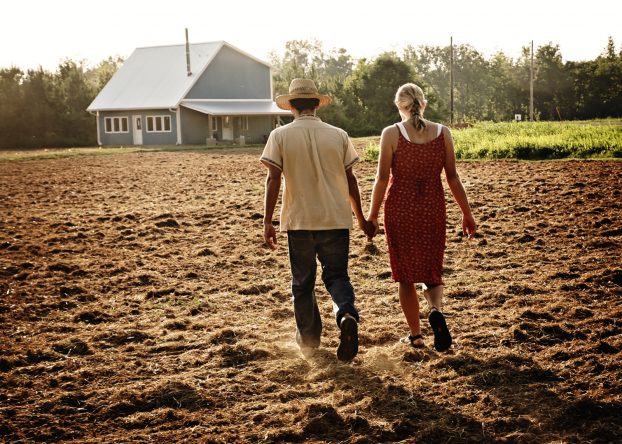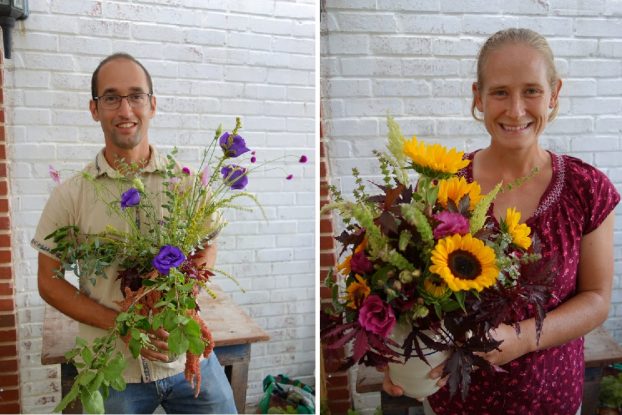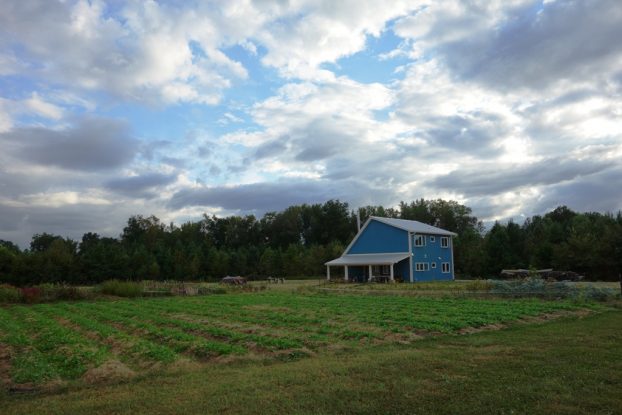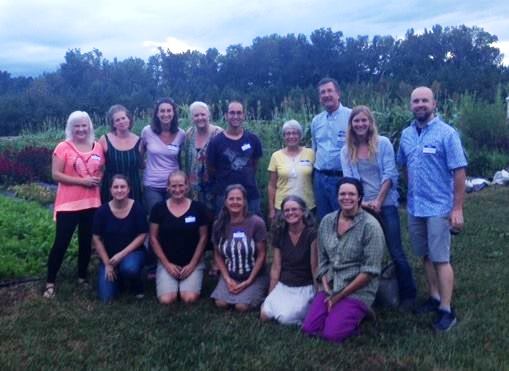Podcast: Play in new window | Download
Subscribe: Apple Podcasts | Podcast Index | RSS | More
Before I introduce today’s two guests, I have to share a lovely note that I received this past week from Slow Flowers Canada member and loyal podcast listener, Jessica McEwen at Periwinkle Flowers in Toronto. She wrote:
I just had to send you a quick note – I have just finished reading the blog post about the newest podcast episode on Michael from Summer Dreams Farm. I try to look at the post first, because I actually listen to the interviews while driving out to our local flower growers co-operative just outside Toronto twice weekly and like to have their images in my head to match the voices that I hear.
Thank you for sharing these wonderful people with us, and to address what you say towards the end of your blog post- never doubt that what you do is important! Sharing people’s stories, asking the questions and letting us peek behind the curtain of social media is a true gift from you to all of us in this crazy flower world.
You make me feel a part of a much larger network of people who care about the things that I do: That flowers be bought from growers who love what they do, at a fair price, and be valued at all steps along the way. And, that small business owners and creative entrepreneurs who, let’s face it, are definitely NOT in it for the money, (but) are in it because we can’t help but be consumed by the amazing world of flowers and the joy that they bring to the world, are also valued.
Thank you, thank you, thank you, Debra- you truly make my world a brighter and happier place, Jessica.
Thank you, Jessica. I needed to hear that this week, and I appreciate you agreeing to let me share your note here.
You may recall my recent episode featuring Jonathan and Megan Leiss of Spring Forth Farm in Hurdle Mills, North Carolina outside of Raleigh-Durham. I spent a few wonderful days in their community in September, which included a fun Slow Flowers Meet-Up on the Leiss farm and a hands-on Slow Flowers Creative Workshop at Maggie Smith’s Pine State Flowers in Durham. I met so many passionate and inspiring women and men on this trip, people who came together from four southern states, each of whom is changing the conversation around local flowers in their own markets.
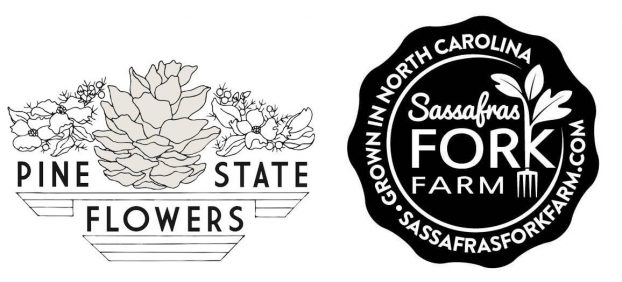 It’s been an honor to share their stories with you. Now, I want to include two additional interviews I recorded on that trip. You’ll hear from a floral designer who grows flowers and a flower farmer who also designs, both of whom care deeply about disrupting the conventional floral industry model.
It’s been an honor to share their stories with you. Now, I want to include two additional interviews I recorded on that trip. You’ll hear from a floral designer who grows flowers and a flower farmer who also designs, both of whom care deeply about disrupting the conventional floral industry model.
The first is Maggie Smith, who, as I mentioned earlier, served as host for the Slow Flowers Creative Workshop. Maggie owns Pine State Flowers, a charming retail flower shop in Durham. Our second guest is Stephanie Hall of Sassafras Fork Farm, one of the many farms that provides local botanicals to Pine State Flowers. I’ll first introduce Maggie; you’ll meet Stephanie in part two of this episode. A special thanks to Jonathan Leiss for helping me facilitate both interviews.
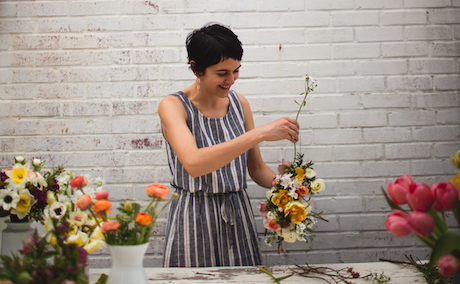
Maggie Smith, at work inside Pine State Flowers, her old-new flower shop. (c) Samantha Leonetti photo
Maggie is an East Tennessee native who moved to Durham in 2009 to attend the Center for Documentary Studies. Being familiar with the local farming community, she knew plenty of flower farmers in the area but realized there were no florists sourcing 100% locally grown flowers.
The creation of Pine State Flowers came out of opportunity. She knew there was demand and interest for locally-grown flowers in her community at the same time that the historic Roll’s Florist building became available for lease.
So with only a good idea, a little savings, and no background in the floral industry, Maggie reopened Roll’s Florist as a flower shop and started a small flower farm on the adjacent land.
The main goals of Pine State Flowers are to support local flower farmers and nurture good land stewardship, connect consumers with locally grown flowers, and create a neighborhood space.
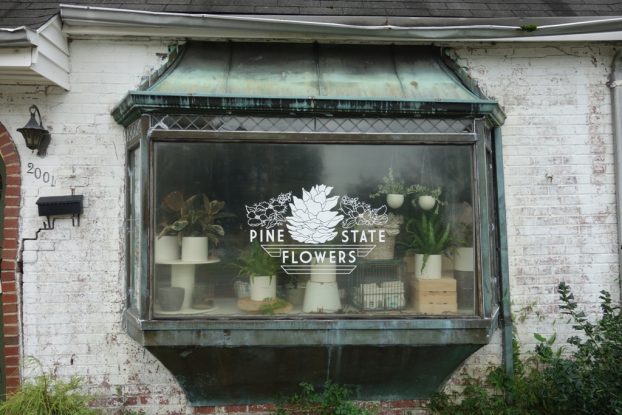
The 1930s building that was built to house Roll’s Florist, is now home to Pine State Flowers, complete with the original copper-framed bay window
Pine State Flowers only sources sustainably-produced flowers grown in America—no chemicals, no imports—and customers know their money stays in the local economy.
More than 95% of the flowers used at Pine State Flowers are grown in North Carolina. In fact, Maggie features 16 local flower farms on her web site. She doesn’t “hide” her sources; rather, she is 100% transparent about her sources – I applaud that practice.
Entering the historic Roll’s Florist shop, now called Pine State Flowers, is like stepping back in time.
As Maggie writes on the Pine State Flowers web site, the business is rooted in the history of one of the largest floral suppliers in the Southeast, and is now a small independent shop sourcing flowers locally.
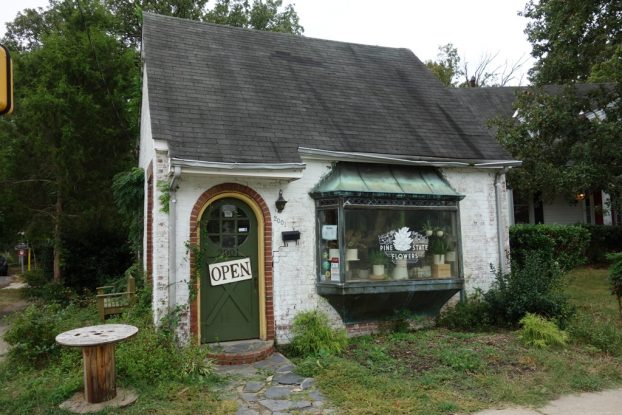 This legacy symbolizes the American flower movement over the past 115 years. Having emigrated from Germany, Mr. Roll became a florist for the legendary Duke family, and later established his own business in 1899.
This legacy symbolizes the American flower movement over the past 115 years. Having emigrated from Germany, Mr. Roll became a florist for the legendary Duke family, and later established his own business in 1899.
The original Roll’s Florist included 7 acres of botanical gardens, a flower nursery, and 5 glass greenhouses (the last one was torn down a few years ago). Maggie has saved and is preserving some elements and materials from the original flower shop, including light fixtures in the front room, the wooden walk-in cooler, the copper framed front window, rounded front door, and several receipt books dating back to 1920.
Pine State Flowers is North Carolina’s first exclusively local flower shop. Maggie believes that using local flowers strengthens the local economy, supports small farms using organic growing practices, and reduces waste. Pine State Flowers has received local recognition from Indy Best of the Triangle for 2015 and 2016.
Meet Maggie and follow her at these social places:
Pine State Flowers on Facebook
Pine State Flowers on Instagram
READ MORE…









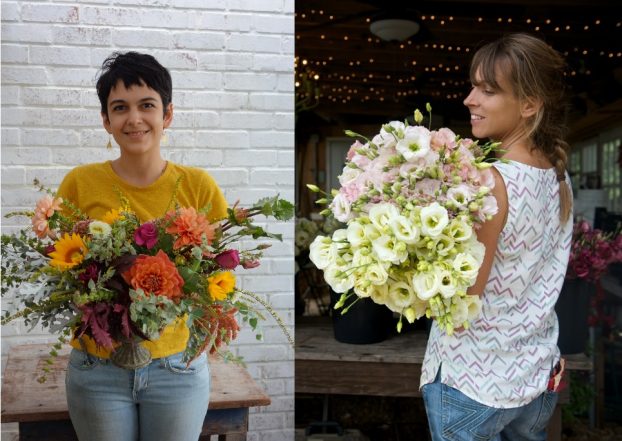
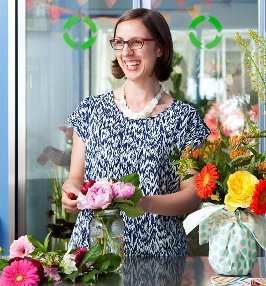
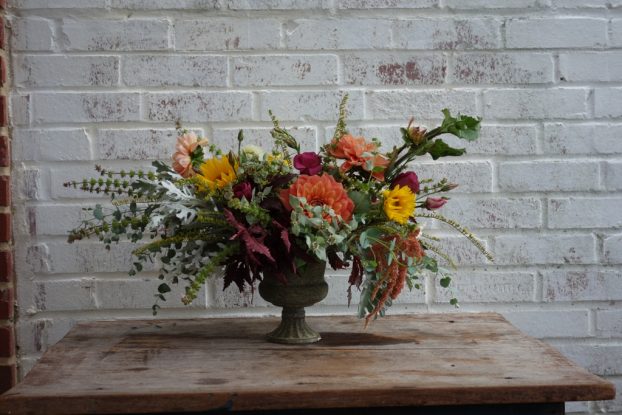
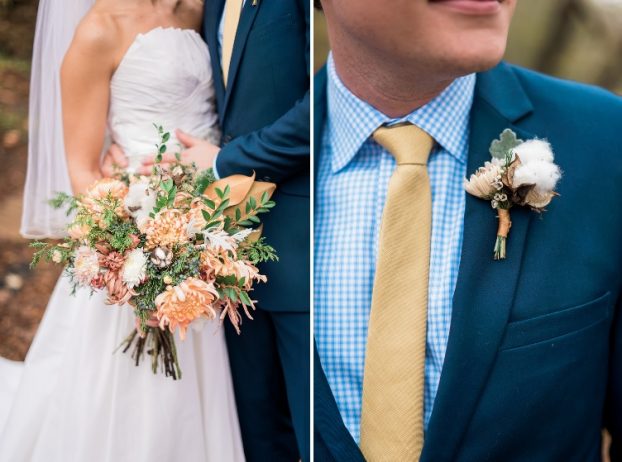
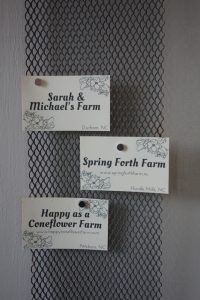
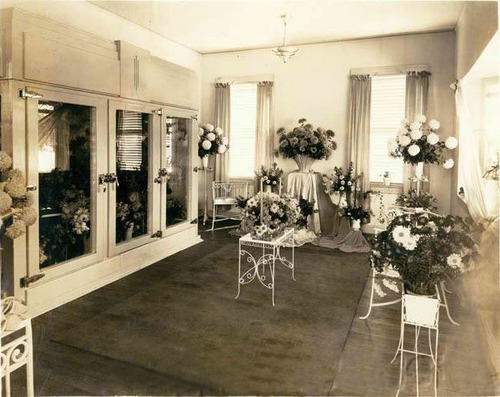
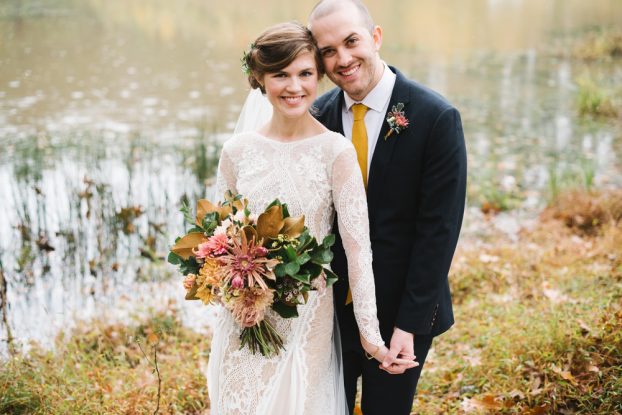
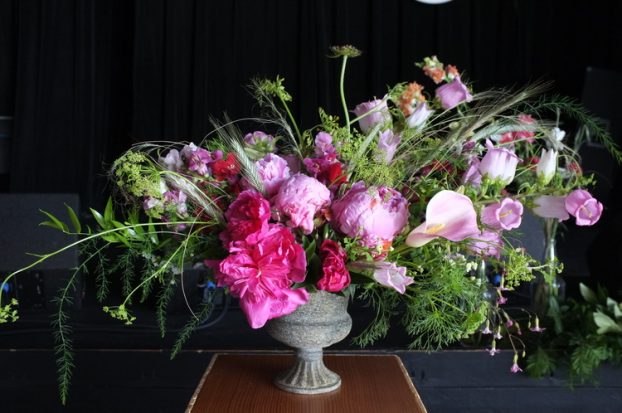
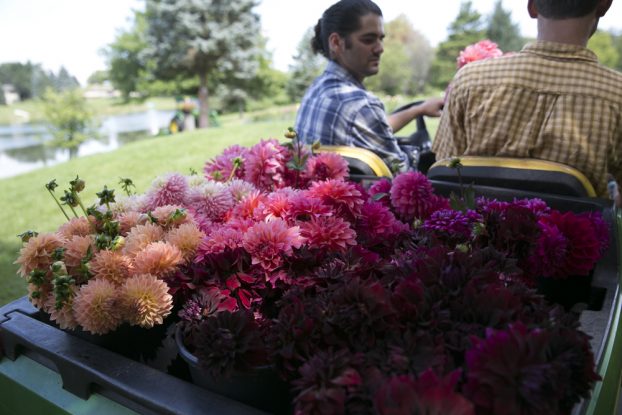
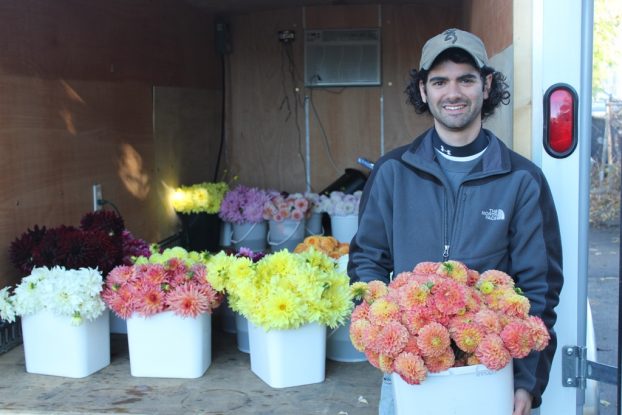
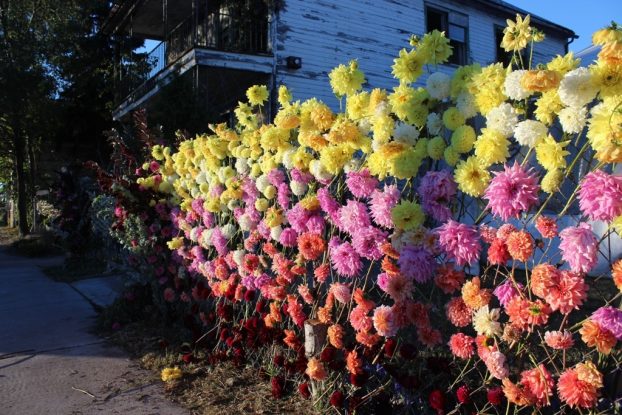
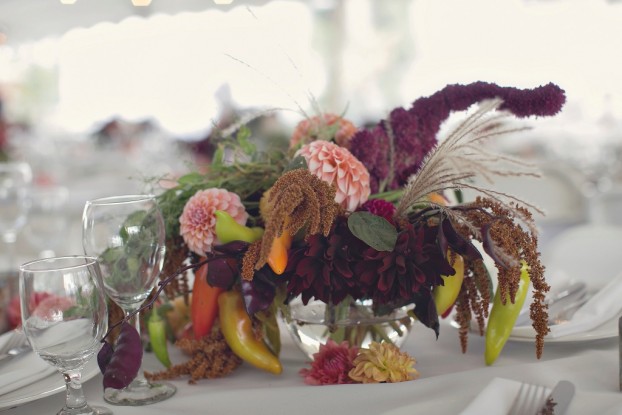
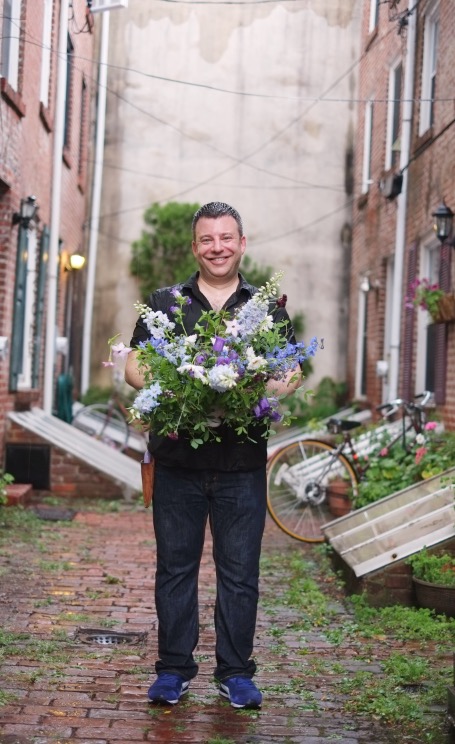
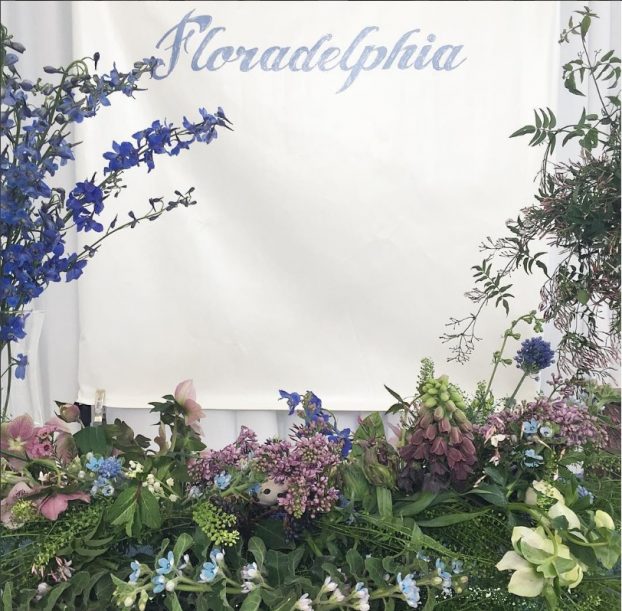
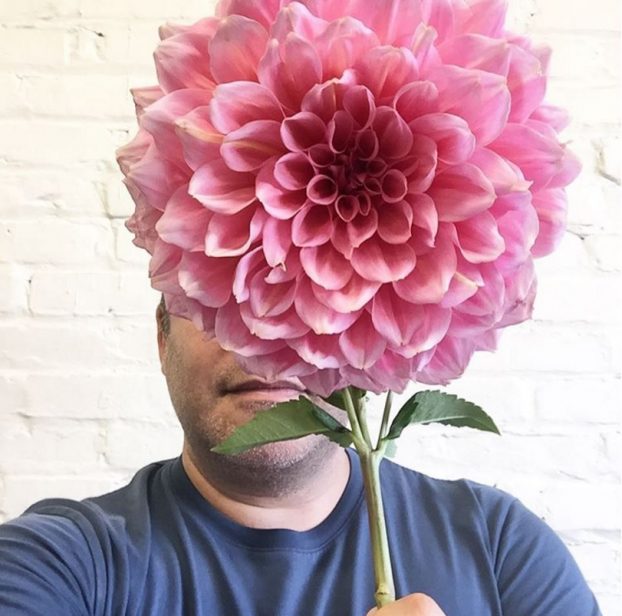
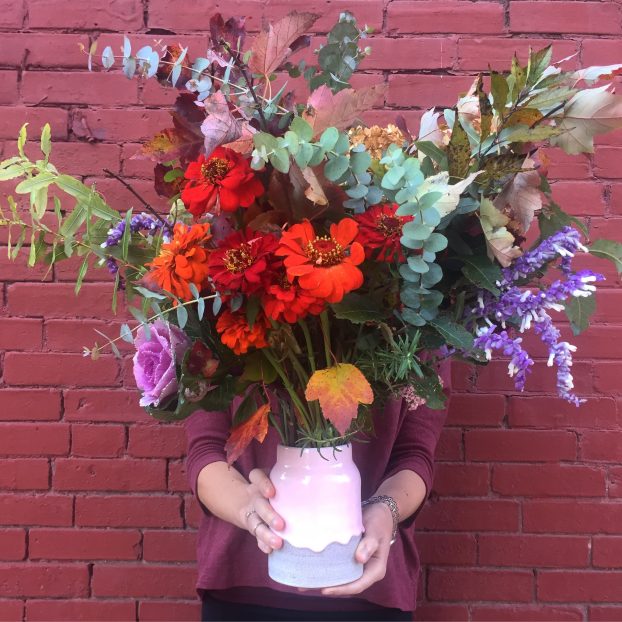
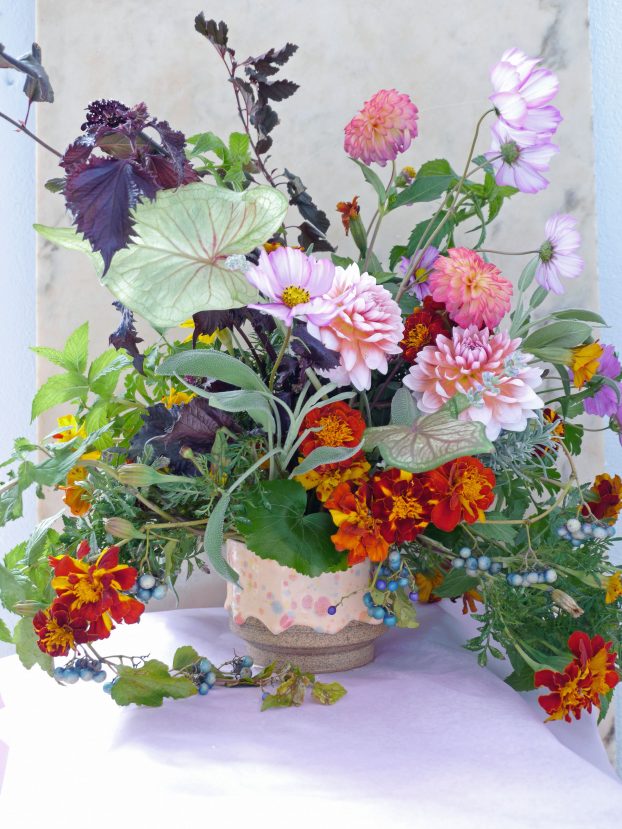
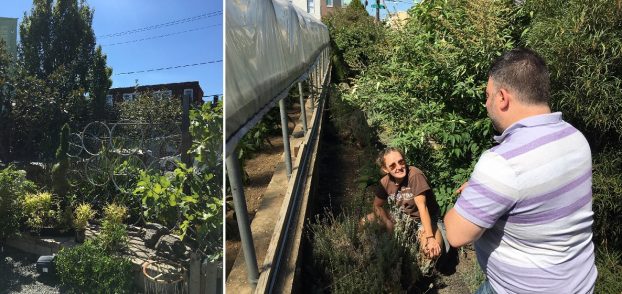
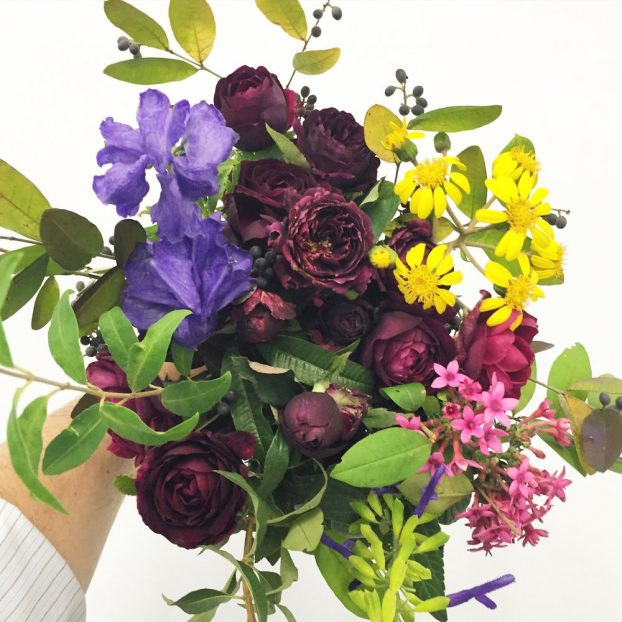
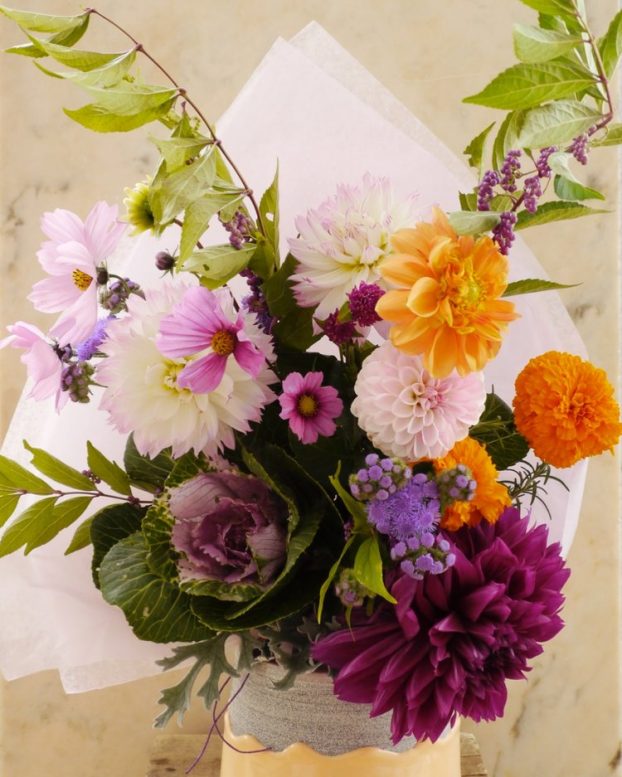
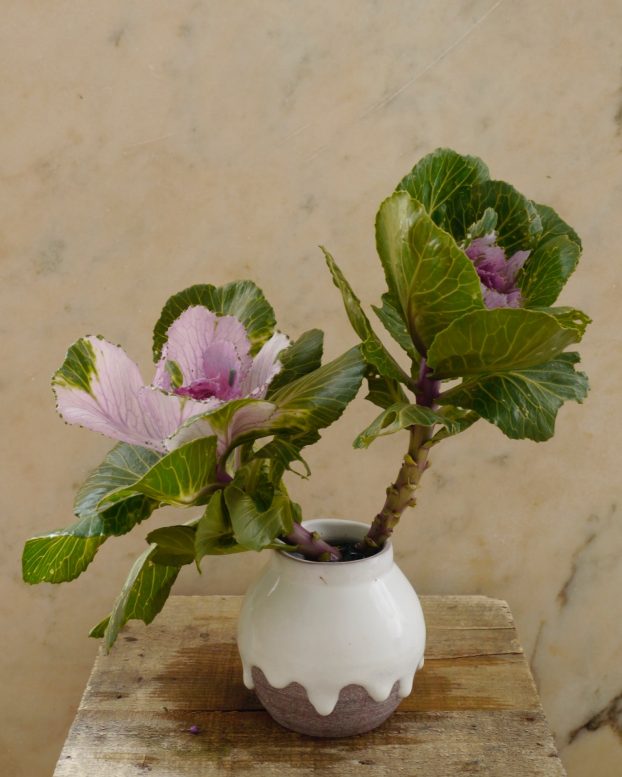


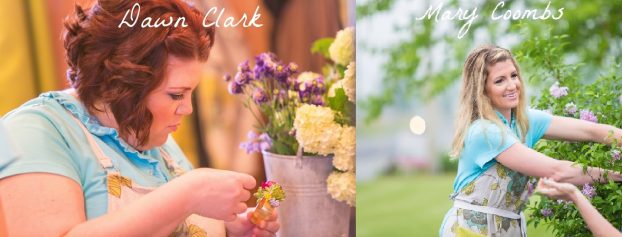
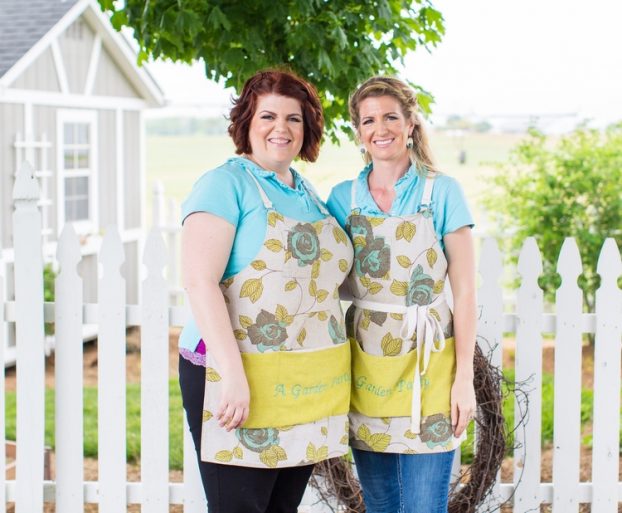
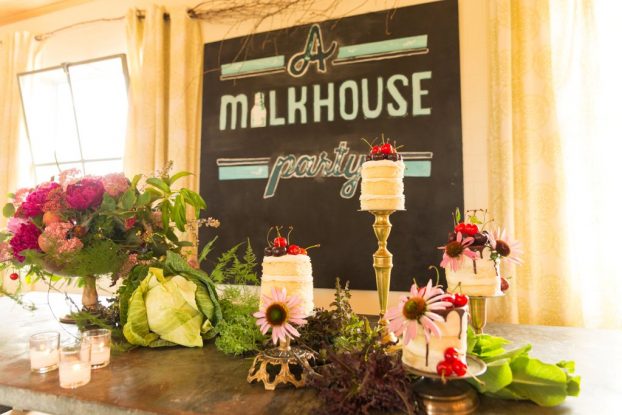
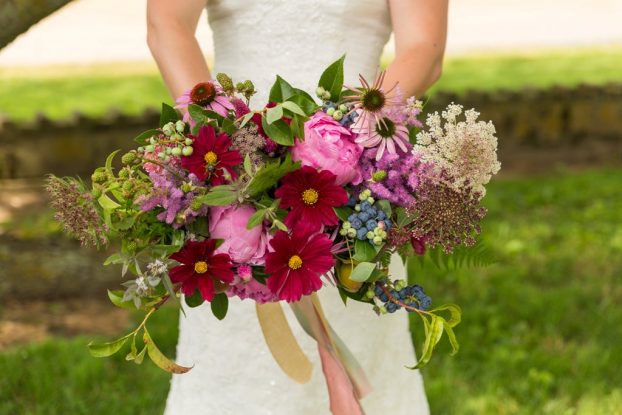
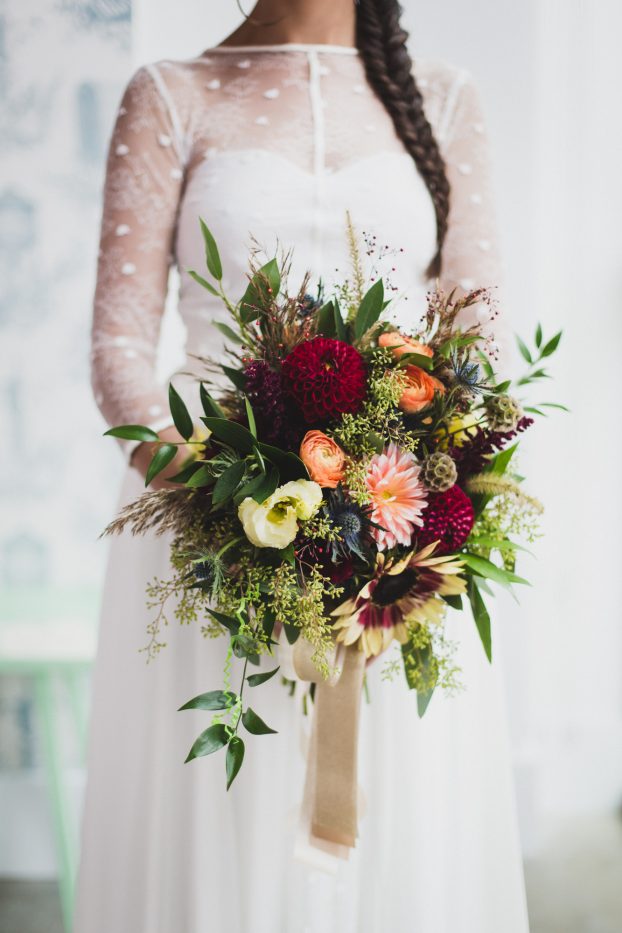
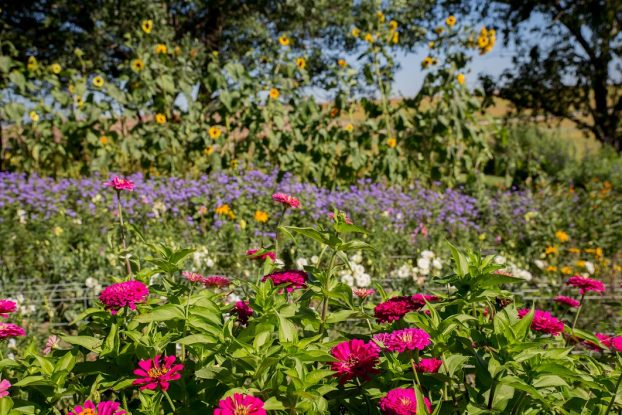
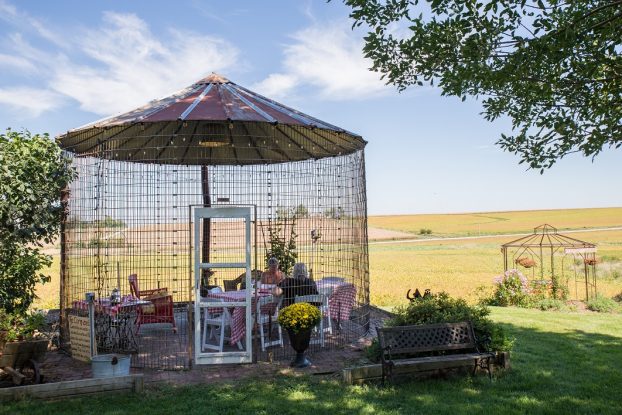
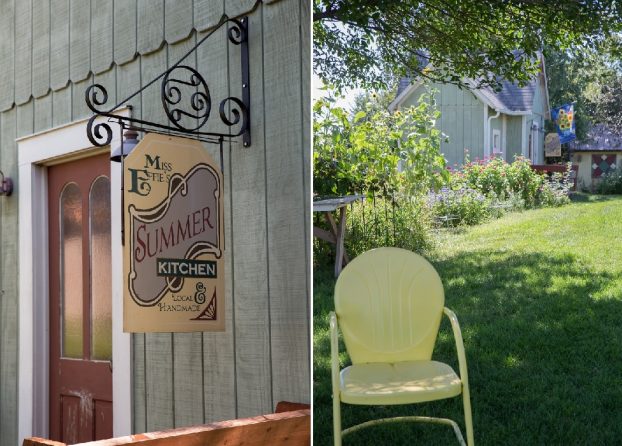
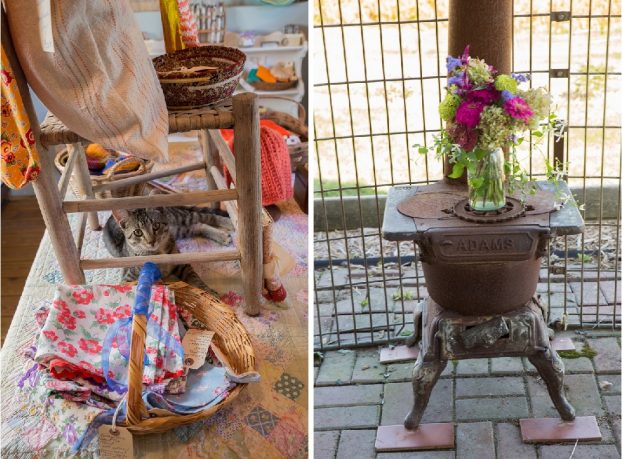
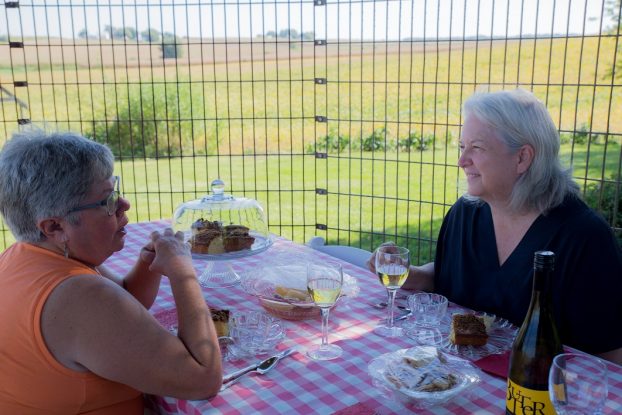
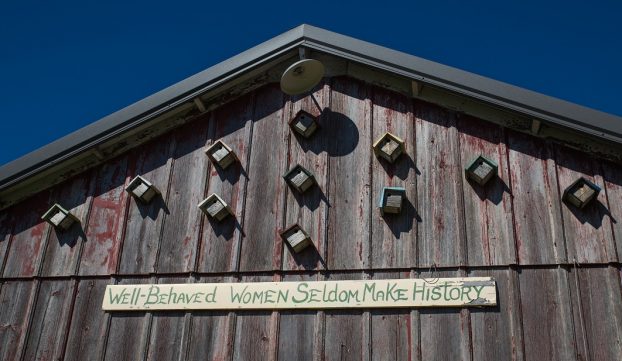
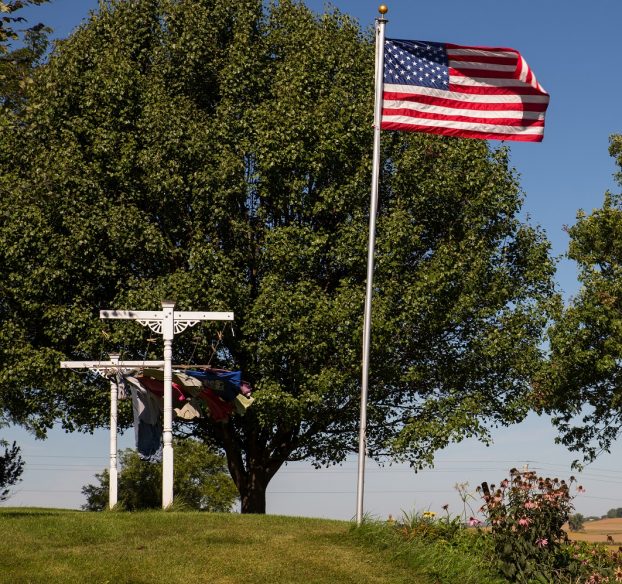
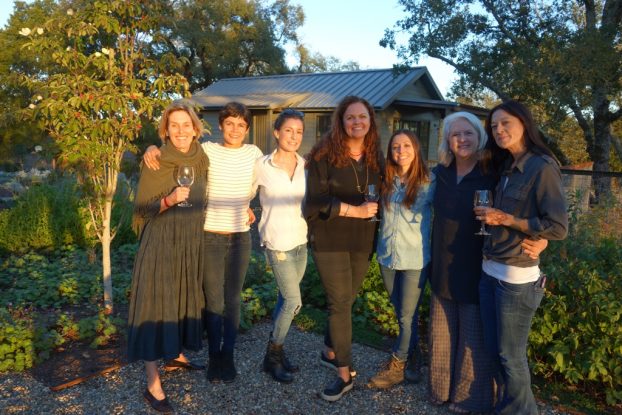
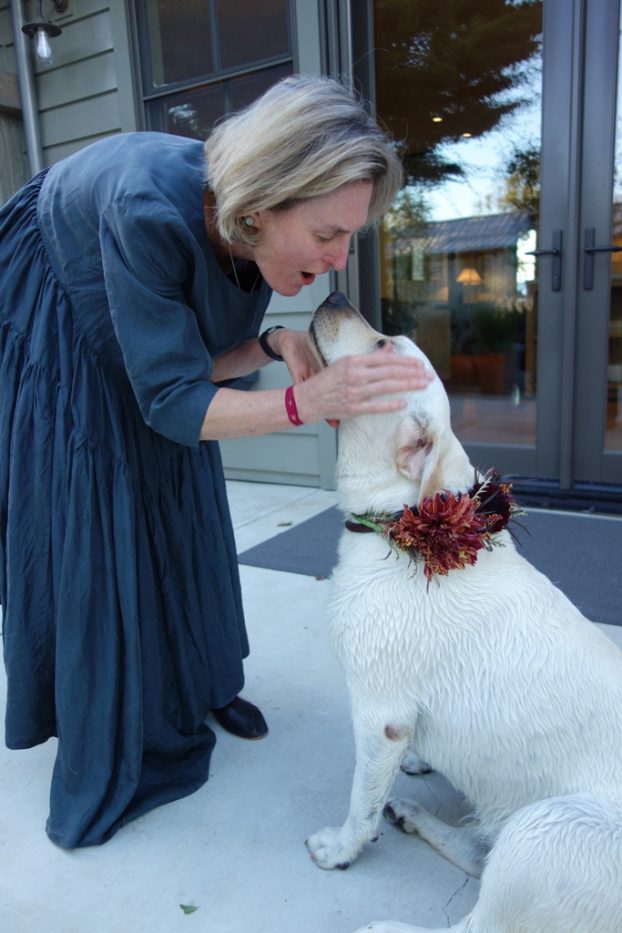
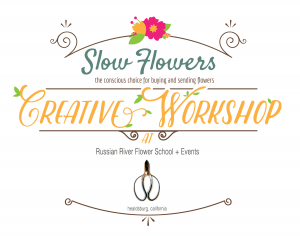 Earlier this month I had the distinct pleasure of teaching with Dundee Butcher of Russian River Flower School in Healdsburg, California.
Earlier this month I had the distinct pleasure of teaching with Dundee Butcher of Russian River Flower School in Healdsburg, California.